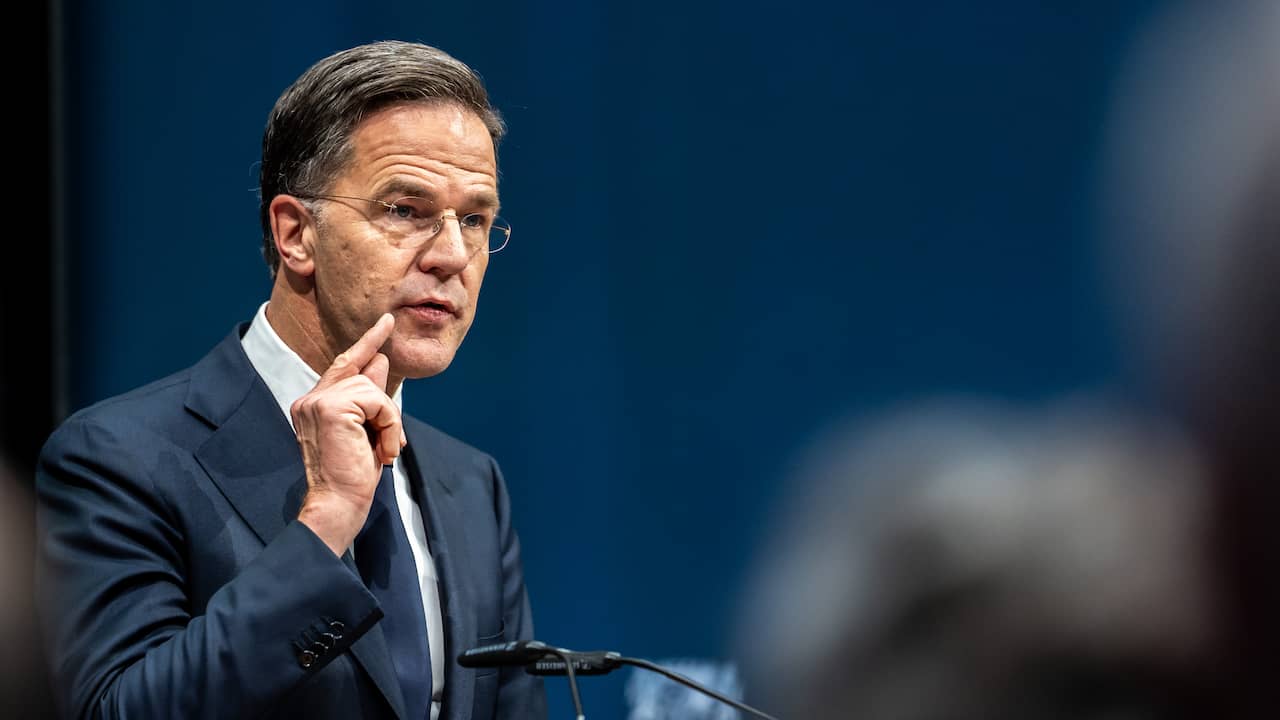Mike
Installeer de app
How to install the app on iOS
Follow along with the video below to see how to install our site as a web app on your home screen.
Opmerking: This feature may not be available in some browsers.
Je gebruikt een verouderde webbrowser. Het kan mogelijk deze of andere websites niet correct weergeven.
Het is raadzaam om je webbrowser te upgraden of een browser zoals Microsoft Edge of Google Chrome te gebruiken.
Het is raadzaam om je webbrowser te upgraden of een browser zoals Microsoft Edge of Google Chrome te gebruiken.
NAVO agressie
- Onderwerp starter 100leven
- Startdatum
Medusa
Well-known member
NAVO-chef Mark Rutte heeft maandag bondgenoten opgeroepen om Groenland en het poolgebied te beschermen tegen rivalen als Rusland en China. NAVO-landen, inclusief de Verenigde Staten, zijn het volgens Rutte eens over de bescherming.

 www.nu.nl
www.nu.nl

NAVO-chef Rutte roept bondgenoten op Groenland samen te beschermen
NAVO-chef Mark Rutte heeft maandag bondgenoten opgeroepen om Groenland en het poolgebied te beschermen tegen rivalen als Rusland en China. NAVO-landen, inclusief de Verenigde Staten, zijn het volgens Rutte eens over de bescherming.
Nooit gedacht dat we een topic genaamd 'NAVO agressie' zouden gaan zien als Trump-agressie tegen de NAVO. Levensgevaarlijk ook, want als Amerika Groenland binnenvalt wordt dit gezien als een aanval en wordt Artikel 5 automatisch geactiveerd en moeten alle NAVO-lidstaten Denemarken bijstaan in de verdediging van Groenland tegen Amerikaanse agressie. Hiermee wordt niet alleen het voortbestaan van de NAVO bedreigd, maar kan Amerika in oorlog komen met Europa. Waanzin!
Mike
Mike
edwin
Well-known member
Nooit gedacht dat we een topic genaamd 'NAVO agressie' zouden gaan zien als Trump-agressie tegen de NAVO. Levensgevaarlijk ook, want als Amerika Groenland binnenvalt wordt dit gezien als een aanval en wordt Artikel 5 automatisch geactiveerd en moeten alle NAVO-lidstaten Denemarken bijstaan in de verdediging van Groenland tegen Amerikaanse agressie. Hiermee wordt niet alleen het voortbestaan van de NAVO bedreigd, maar kan Amerika in oorlog komen met Europa. Waanzin!
Mike
Het voortbestaan van de NAVO dat in gevaar komt lijkt me dan wel een positieve uitkomst.
Gerard
Well-known member
Ik denk dat Trump ook wel van de NAVO af wil, tegelijkertijd dan Groenland inpikken komt dan mooi uit. Europa was al afgeschreven onder de vorige president, dus de plannen gaan gewoon door, wie ook de president is, de verpakking is alleen telkens anders. In Nederland zien we ook dergelijke verschijnselen, achterhaalde onzin over ernergietransitie en onderhand worden er nog steeds molentjes bij geplaatst, moeten we van het gas af en dergelijk geldverslindende onzin.Nooit gedacht dat we een topic genaamd 'NAVO agressie' zouden gaan zien als Trump-agressie tegen de NAVO. Levensgevaarlijk ook, want als Amerika Groenland binnenvalt wordt dit gezien als een aanval en wordt Artikel 5 automatisch geactiveerd en moeten alle NAVO-lidstaten Denemarken bijstaan in de verdediging van Groenland tegen Amerikaanse agressie. Hiermee wordt niet alleen het voortbestaan van de NAVO bedreigd, maar kan Amerika in oorlog komen met Europa. Waanzin!
Mike
Lievergezond
Well-known member
Forum statistieken







